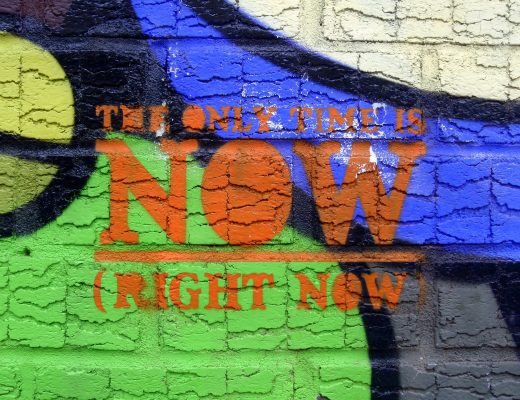Have you ever calculated how much respect you will give someone you just met based on their answer to the question… “what do you do?”
I would love to say that I have never done this, but I have.
Let’s be honest, our egos are interested in finding out how we stack up. Our minds use mental shortcuts (known as “cognitive biases”) to make assumptions when we have limited information. As a result, we might think that the person with a higher paying job, the car, house… is more interesting, more successful, and has it all figured out.
Or, on the flip side, our cognitive biases might have us thinking the complete opposite.
Where do these biases come from?
Biases that go unchecked can be dangerous. It’s important to check in with ourselves and consider how our biases intersect with our worldviews. In terms of money biases, they may influence how we perceive ourselves, others, and money itself. These biases can be subtle and are often influenced by our early life experiences… typically, we have no idea that they exist and are at play in our lives.
Based on our money biases, we may automatically give respect to those with money or we may believe those with money are self-serving. So, where do these biases come from?
What’s your money story?
Several years ago, I started researching the relationship between our mind and our money. During my research, I came across Dr. Brad Klontz: a clinical psychologist and a financial planner. And I have good news! His research shows us that there is good reason why we are biased and make irrational money decisions.
Klontz suggests that our money scripts start to develop when we were 3 or 4 years old and continue to develop as we grow older. Subconsciously, these scripts drive our financial behaviours and habits as adults—ultimately creating our money stories.
Perhaps, when you were a kid, there was tension around pay day, holidays, or when bonus time was available. Perhaps there wasn’t. Children absorb ideas about money as they watch and listen to the world around them.
This is useful information for us. Taking time to look back and reflect will show us how these stories now influence how we talk, act, and feel about money.
Have a look at the following list of common money beliefs heard in childhood that impact our money stories as adults.
Money is the root of all evil.
Money is not that important. It’s only money.
Money is there to be spend.
The rich get richer and the poor get poorer.
I’m just not good with money.
My family has never been rich.
You have to work (too) hard to get wealthy.
You can be either rich or happy.
Did any of these speak to you? What was your family’s money motto? What was your money story growing up?
Stay tuned! Next week, I will share my money story (it involves a pair of jeans!).





No Comments